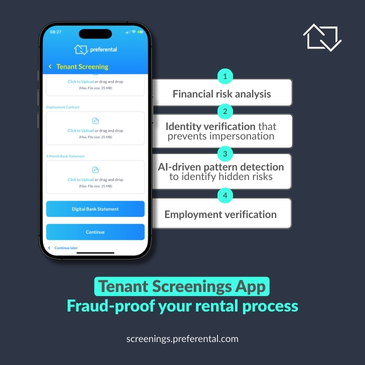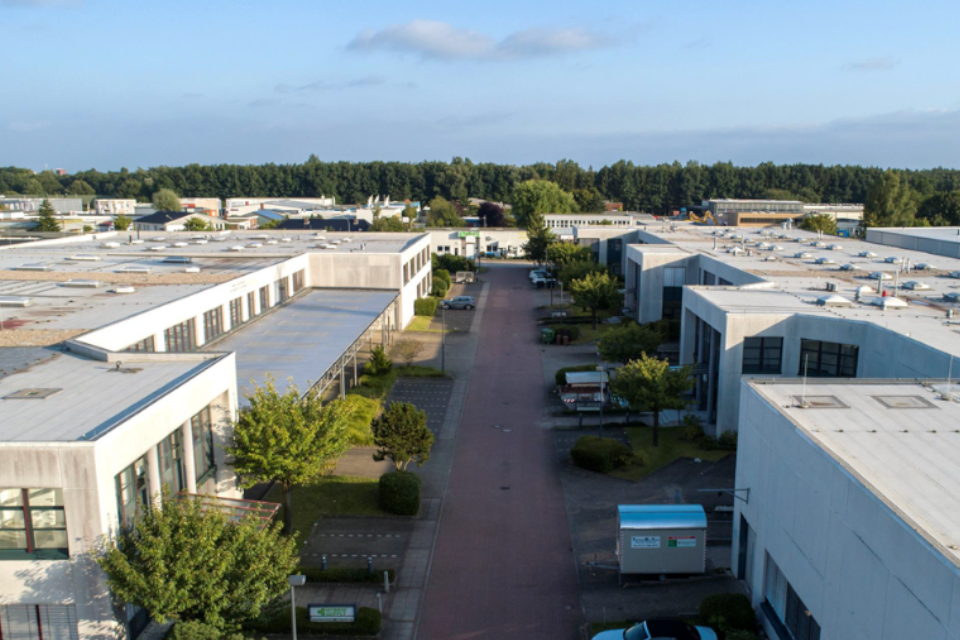Empower Your Home: A 5-Step Guide to affording Solar Solutions
With escalating electricity costs and an unstable power supply, more South African households and businesses are considering making the switch to solar energy. While embarking on a solar installation journey may seem daunting due to upfront costs, the guidance of a reputable solar company can simplify the process and make solar energy more accessible. A professional solar provider helps reduce energy consumption, designs an appropriate system size, and guides phased installation. They should also assist in exploring financing options for an affordable transition to solar power.
Ray Fernandez from Probenergy, says, “their approach goes beyond simply selling batteries, inverters and solar panels; we guide you through the entire process - from optimising your electricity usage to assessing your energy needs, considering your budget and finance against your needs, correctly sizing your system, planning an upgrade path, and finally, getting the system installed, signed off, and insured.”
Specialised installers provide flexible proposals on how to achieve your objectives, working with the well-known global brands we represent that offer extensive warranties and guarantees. Our dedicated team, distribution network, after-sales support and trusted partners enable us to provide services throughout each stage of engagement while ensuring strict quality control and adherence to all compliance requirements.
Step One - Understand and reduce your energy consumption
Before considering solar energy, it's crucial to understand and reduce your current electricity consumption. This not only saves you money but it also means you'll need a smaller solar system.
Reducing electricity consumption can be achieved through a variety of practical steps. For instance, homes can switch to energy-efficient appliances that consume less power, such as LED light bulbs and Energy Star-rated appliances, or switch to gas geysers and hobs.
For businesses, energy reductions can come from strategies like upgrading to energy-efficient office equipment, using programmable thermostats to manage heating and cooling, and encouraging employees to turn off computers and other electronic devices at the end of the day. Additionally, conducting regular energy audits can help businesses identify and rectify areas of high energy consumption.
Step two - Consider your budget and financing options
Assess your budget. There are a few flexible financing solutions available, including the Probenergy Rent 2 Own model that has been designed for both residential and commercial installations. This solution provides a feasible route to solar energy without requiring a hefty upfront payment. Alternatively, using an access bond could be another option to finance your solar installation.
South Africa further offers significant tax incentives for systems brought into use for the first time up to 28 February 2025, making now the best time to invest.
Step three - Taking a phased approach
Affording a complete solar solution at once might not be possible for everyone. In this case, a phased approach is possible. We recommend starting with a basic solar panel and inverter setup, and gradually adding more panels or batteries over time. This approach not only spreads out the cost, but also allows for a more manageable transition to solar power.
We work closely with clients to design a solar system that meets their current needs but can be easily upgraded in the future, ensuring your system is scalable and adaptable to changing energy requirements. We select the appropriate components to avoid compatibility issues in the future and work with reputable brands to mitigate the risk that certain products may be discontinued.
Step four - The key to successful solar – efficient battery storage
Choosing efficient, cost-effective energy storage is a pivotal aspect of hybrid solar installations. A robust storage solution allows you to harness solar energy to its maximum potential and provides a reliable power supply during outages and load-shedding. Leveraging our long-standing heritage in battery expertise, there is a range of industry-leading battery and inverter options that enable a resilient and reliable hybrid solar setup, capable of providing consistent power supply and significantly reducing your dependence on the grid.
Step five - Installation, sign-off and insurance
Once your system is installed, it must be signed off by a professional electrical engineer registered with the Engineering Council of South Africa. Your system must also be registered with your municipality or local authority.
Post-installation, it's important to inform your insurer about the new addition to your home or business to ensure coverage. Solar panels, particularly those installed on rooftops, are typically considered part of the home and are usually covered under standard insurance policies. Ground-mounted panels may also be covered under the "other structures" clause. Typically, your insurance should cover your rooftop solar panels from the same perils as the rest of your building. For instance, if a windstorm damages your roof and panels, your policy should cover the damage.
Fernanzez continues, “While solar installations don't directly hike insurance premiums, a significant increase in your property’s value might escalate your premiums due to increased replacement costs. It's important to note that while most insurers cover solar panels, there may be exceptions or additional conditions, so it's essential to scrutinise your policy or consult your insurance agent.”
He concludes, “affording solar energy is no longer a distant dream but a reachable reality.”






.avif)

.avif)


.avif)

.avif)




.svg)


.avif)

.avif)







%20.avif)








.avif)
%20.avif)
